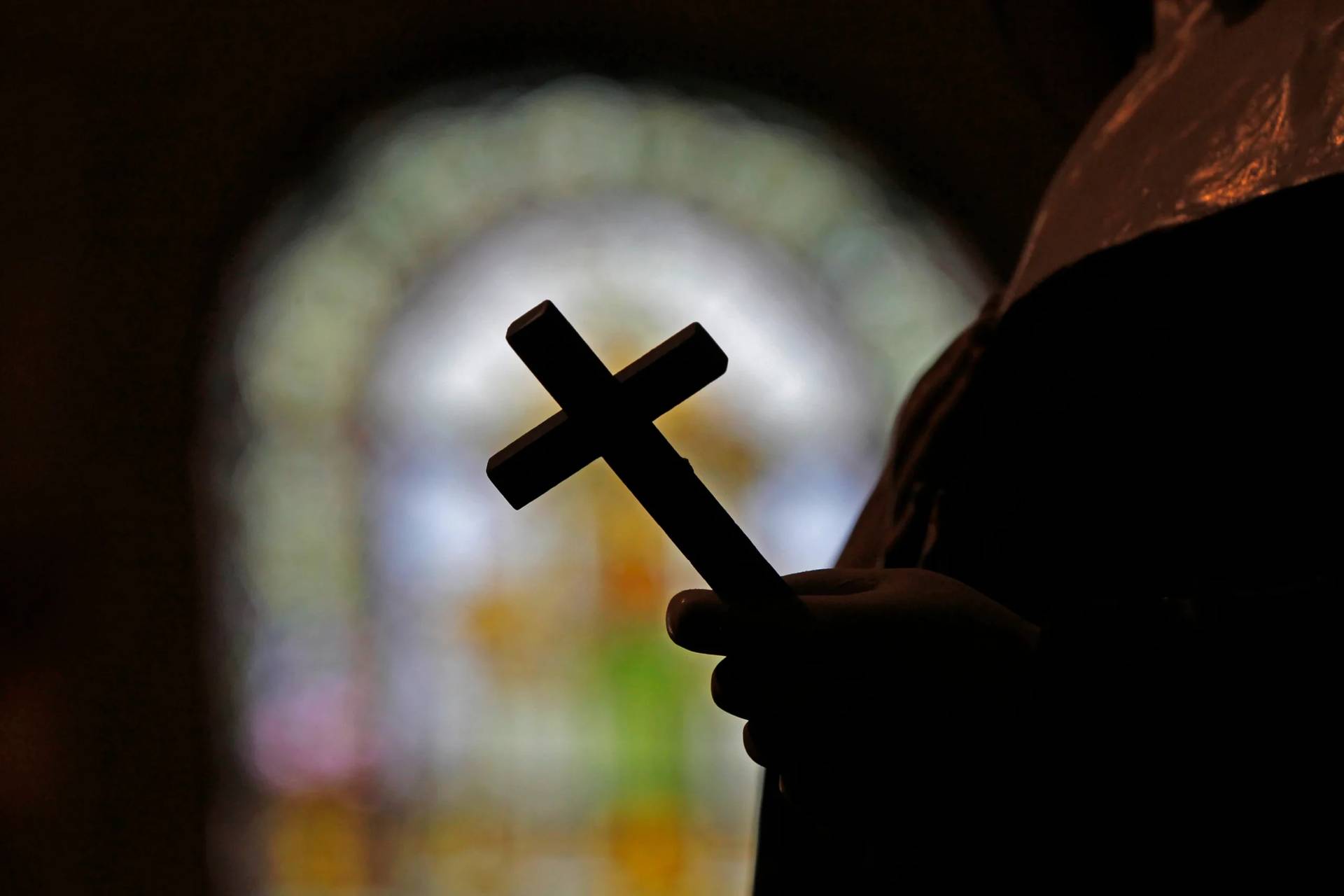NEW YORK — On the very day that President Donald Trump’s deadline for Congress to act on DACA was set to expire, Bishop Mark Seitz of El Paso, Texas, told congressional leaders that Dreamers had “renewed everyone’s faith in the American dream” and it was time for lawmakers to find a permanent solution to protect them.
Due to a temporary ruling from the Supreme Court last week, the Trump administration’s March 5 deadline no longer applies and the DACA program that protects undocumented migrants who were brought to the United States as minors from deportation will last through at least the fall.
The U.S. Catholic bishops, however, have said that the Court’s ruling does not diminish the urgency of the situation and are encouraging congressional leaders to provide an immediate fix.
“God’s dream is for every child and every family to enjoy safety and security,” said Seitz at a Capitol Hill policy briefing on “Sealing the Border: The Border Wall, the Militarization of Border Communities and the Criminalization of Asylum Seekers in the Trump Era.”
The event was sponsored by the Hope Border Institute (HOPE) and the Center for Migration Studies, and Seitz offered a passionate plea for lawmakers to look beyond partisan politics and to act based on their conscience.
“I just want to encourage you to hear their stories,” he said of the plight of undocumented migrants.
“Don’t let the political morass of Washington take you over. Stand for something,” Seitz urged. “Don’t see where the political party is going and then decide on your position. Listen to your conscience and allow it to really guide you. Then I think we will rise to our true ideals as a nation.”
Seitz also addressed the predicament of asylum seekers that have come to the United States, particularly in light of the Trump administration’s decision to end the Temporary Protected Status program, known as TPS, for refugees from El Salvador and Haiti.
TPS was established by Congress in 1990, and allows for individuals to reside and work in the U.S. if their home country is under threat from natural disaster, violence, or other extraordinary circumstances. To date, there are an estimated 320,000 individuals living in the U.S. under TPS.
“If they’re not coming directly because of a threat of violence, they’re coming because the system in their country is so broken that they are not able to make a living anymore,” said Seitz.
He also added that it was hypocritical for the U.S. to expect other countries to offer asylum and yet to have a national policy that does not match those same expectations.
“We’ve always said from the United States you need to welcome those who are fleeing conflict,” said Seitz, as he cited specific examples of conflict in Rwanda, Syria, and Afghanistan where the U.S. urged other countries to accept asylum seekers.
“We helped write the asylum laws…and helped to enforce them because of political pressure,” he observed. “We should not be treating them as though they are criminals. They have not broken the law if they are, in fact, asylum seekers. They are people exercising their right to life.”
Drawing on his own experience as a border bishop and travels in Central America, Seitz said he frequently visits refugees and migrants that are being kept in detention centers, and he blasted the conditions in which they are kept.
“They are prisons that we are putting them in,” he said. “Our country — it’s just so sad to me — we’re not living up to our fundamental principles of being a place that stands for these fundamental human rights anymore. We’re treating these people as though they’re criminals.”
As he concluded his remarks, Seitz reminded those in attendance of America’s own founding story and said it should be cause for shaping the country’s present response to the modern plight of immigrants.
“We say in our founding documents that a person’s rights aren’t based on those given by the government, right? That human beings have certain inalienable rights, among those, life, liberty, and the pursuit of happiness,” said Seitz.
“That was to say that England didn’t make or break our rights, that we had them because of who we were as human beings,” he concluded. “The same should be true for our treatment of people coming to us from other places.”














